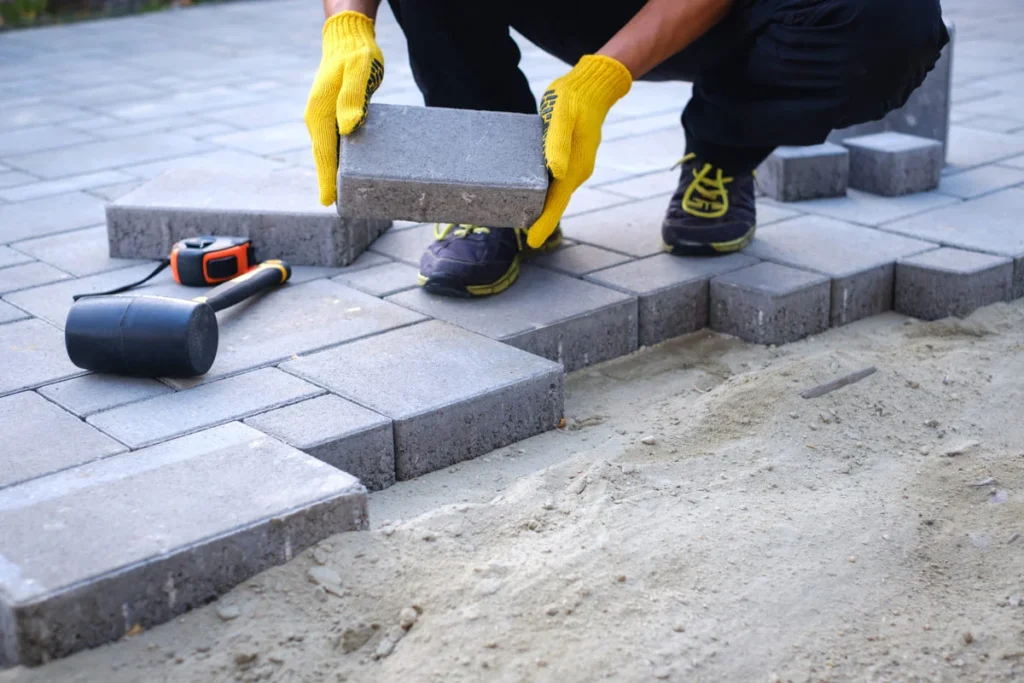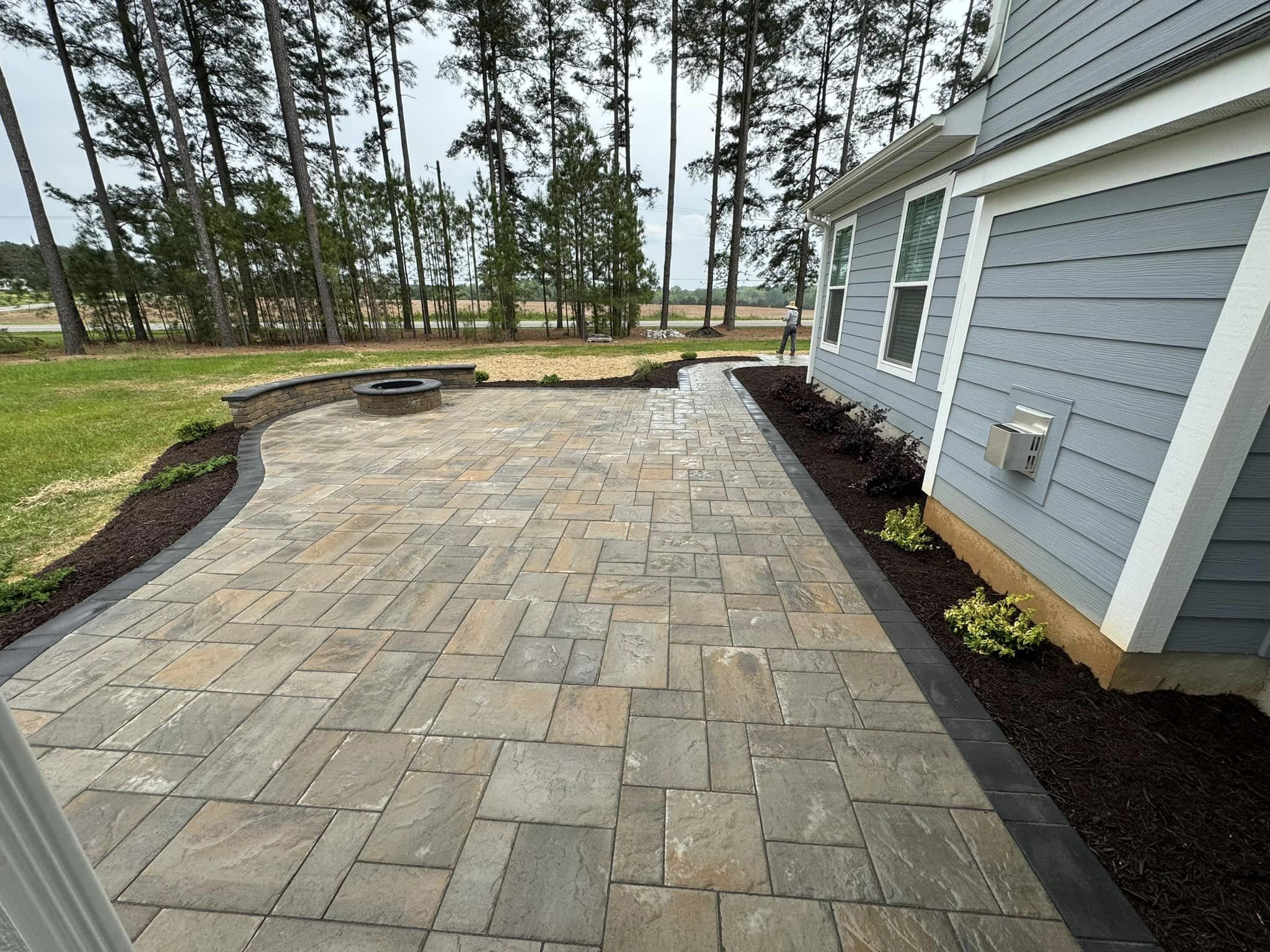

Create stunning walkways, patios, and driveways with our top-quality paver installations. We offer a variety of styles and materials to match your aesthetic preferences and functional needs.


Installing pavers can significantly enhance the aesthetic and monetary value of a property, making it more attractive for potential buyers.
They provide a non-slip surface, which is important for safety, especially in areas prone to getting wet.
Permeable pavers allow better water drainage, reducing water accumulation and the risk of flooding in the paved area.
The lifespan of pavers can exceed 20 years if installed and maintained properly.
Yes, especially permeable pavers, as they allow natural filtration of rainwater and reduce the impact of runoff.
Basic maintenance includes regular surface cleaning and applying polymeric sand to the joints every few years.